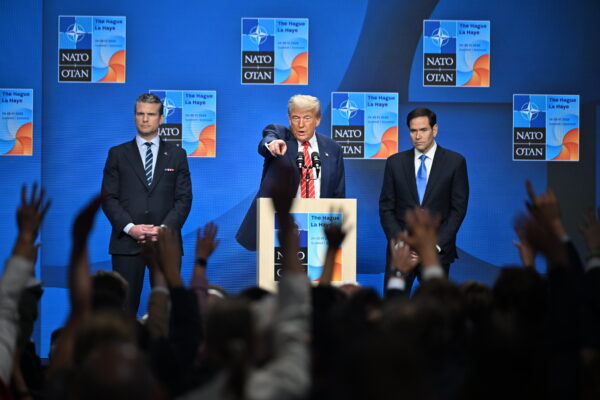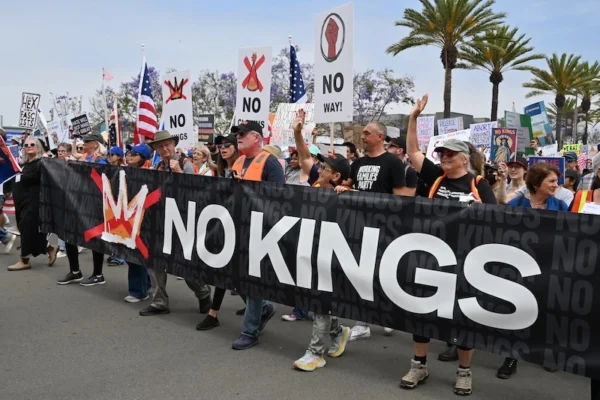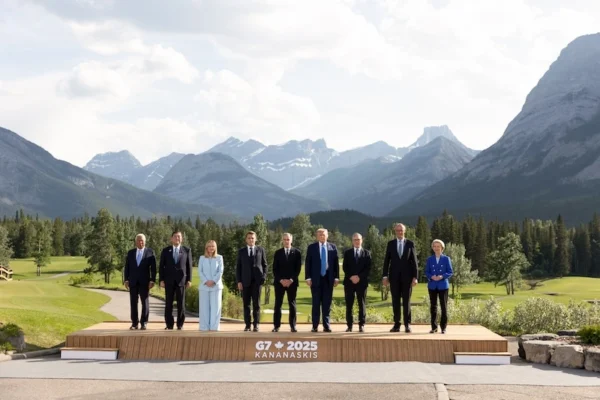Nuclear missile threats forming alliances in Asia
For the last few years now there have been constant debates about politics in Asia. The rising economy in Asia and the increasing competition among different economies, complemented by the increasing military spending in the last two decades has caused tensions to grow in the region. Optimists argue about the possibility of easing of these tensions due to the increasing interdependence among regional economies. On the other hand, pessimists have always taken into account the possible escalation of the existing tensions and inability of the regional countries to find a peaceful resolution to their conflicts. In recent years, despite the absence of any conflict in the region there are increasing tones of dispute among the countries. Since the beginning of the Asia Pivot policy by the United States, the U.S. has also been more actively involved in these regional disputes. In part, this was the possible impact of the conflict in the region to the overall international economy and international security.
Many analysts of international security and experts on regional politics viewed the disputes over the maritime delimitation as the most significant source of the conflict in the region. In particular, the prominent “island disputes” has alarmed these experts in recent years. The rapid escalation in the Senkaku Island dispute between China and Japan, which necessitated a diplomatic intervention by the U.S. administration, demonstrated the real risk in the region. Especially with the rise of nationalism in the domestic politics of the countries in the region, there is an increasing degree of concern. In addition, the Spratly Island dispute and increasing tension among China and countries of the region in regards to the ownership of these islands has raised another red flag about the region in recent years. The increasing military buildup of China in some of these islands has been constantly raised in debates about security and stability in the region. U.S. President Donald Trump, shortly after his phone call with the leader of Taiwan, also raised this issue on his Twitter account. Of course, these were not the only issues about maritime delimitation. The Takeshima Island dispute between Japan and South Korea and the Kuril Island question between Japan and Russia generated the same questions in regards to the future stability of the region.
In the midst of these geopolitical and geoeconomic tensions, the issue of North Korea escalated once more in the last couple of weeks. The nuclear program of North Korea and its missile and nuclear tests as well as its provocative actions have resulted in serious tensions in the region in the last few years. However, in the last few weeks, especially after the failed missile test and high expectation of another nuclear test, tensions rose very quickly. The U.S. administration’s decision to send the USS Carl Vinson carrier group to the region demonstrated that this time the crisis is a different one and that the U.S. wants to go all the way to deter the North Korean regime from conducting another nuclear test. While visiting the region, Vice President Mike Pence made statements that warned the regime in Pyongyang about the consequences of such an action. Pence in both South Korea and Australia made similar statements in regards to the deal with North Korea. In Australia he stated that “As President Trump made clear a few days ago, if China is unable to deal with North Korea, the United States and our allies will.” In multiple instances, he also made sure that the U.S. administration reviewed all possible options in dealing with North Korea. However, the regime in Pyongyang seems as defiant as it can be. It continues to blame the U.S. administration for escalating the tension in the region. In a statement, Foreign Affairs spokesman mentioned “The DPRK is a nuclear power capable of countering any option and means of the U.S. and will not avoid any options made by it…The world will clearly witness this time the fact that gone are the days never to return when the U.S. forced its will upon other countries.”
At this point it is not clear what options the U.S. is really considering and if armed intervention is among them, something that has never been done against a nuclear power before due to the risks. The regime in North Korea wants to demonstrate in every possible case that it is capable and willing to take all possible actions in case of an intervention. If they continue, the provocations they have made might generate a different reaction from the U.S. administration, which seems very adamant to stop any future such actions. This makes the actions of China particularly important and the expectation from the international community is more committed action to make Beijing ease this crisis. It also demonstrates the necessity of institutions to deal with such a crisis in the region.
This article was first published in Daily Sabah on April 24, 2017.




















